I am trying to make a Native C/C++ app for Tizen platform and this a part of the code of a template Tizen Studio gives : (Note this is C code)
static char*
gl_text_get(void *data, Evas_Object *obj, const char *part)
{
char buf[1024];
item_data *id = data;
int index = id->index;
if (index == 0)
snprintf(buf, 1023, "%s", "Email Inbox");
else if (index == 1)
snprintf(buf, 1023, "%s", "circle@tizen.com");
else if (!strcmp(part, "elm.text"))
snprintf(buf, 1023, "%s", genlist_demo_names[index - 2]);
else if (!strcmp(part, "elm.text.1"))
snprintf(buf, 1023, "%s", "Re: Long time no see");
else
snprintf(buf, 1023, "%s", "Hello~! how have you been?");
return strdup(buf);
}
static void
gl_del(void *data, Evas_Object *obj)
{
item_data *id = data;
if (id) free(id);
}
static void
gl_selected_cb(void *data, Evas_Object *obj, void *event_info)
{
Evas_Object *label;
Elm_Object_Item *it = event_info;
appdata_s *ad = data;
elm_genlist_item_selected_set(it, EINA_FALSE);
label = create_label(ad, it);
//View changed to text detail view.
elm_naviframe_item_push(ad->nf, elm_object_item_part_text_get(it, "elm.text"), NULL, NULL, label, NULL);
return;
}
And this templates successfully compiles and runs on my Tizen device. However, when I copy this same code in a C++ file (because I need some cpp-only features in my project). Compilation fails :
And this is seems quite obvious to me since a pointer cannot pick-up the value of void. So why is this working in C code ? Has void the same meaning in C and C++ ?
